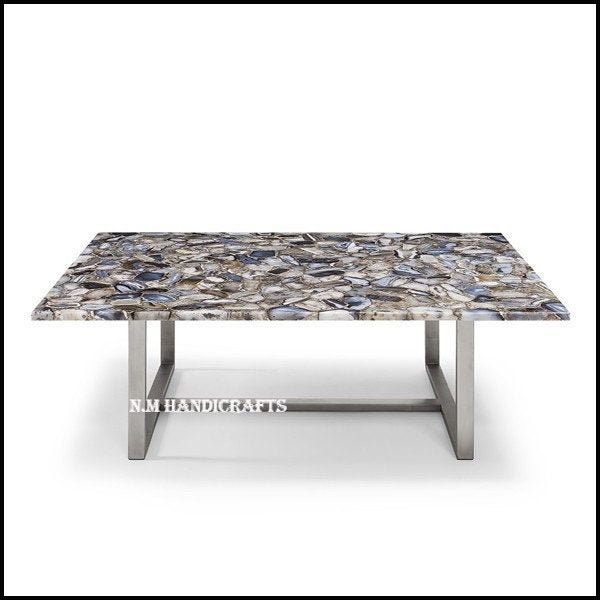
¥17777
Price includes
Import Duties and Taxes. Free shipping available
Real Agate Stone Dining Table Top, Metal Stand, Conference Table, Office Table, Garden Table, Centre Table, Agate Marquetry, Home Decor
Easy Returns with desertcart PRO
30 day return window
Free replacements & exchanges
Hassle free one-click returns
About the item
- Living_Room.
- Coffee_End_Tables.
- Home_And_Living.
- Coffee_Table_Top.
- Dining_Table.
- Dining_Table_Top.
- Table_Top.
- Agate_Table.
- Agate_Table_Top.
- Real_Agate_Table.
- Hallway_Table.
- Conference_Table.
- Garden_Table.
Frequently Asked Questions About Real Agate Stone Dining Table Top, Metal Stand, Conference Table, Office Table, Garden Table, Centre Table, Agate Marquetry, Home Decor in China
Where can I buy Real Agate Stone Dining Table Top, Metal Stand, Conference Table, Office Table, Garden Table, Centre Table, Agate Marquetry, Home Decor online at the best price in the China?
desertcart is the best online shopping platform where you can buy Real Agate Stone Dining Table Top, Metal Stand, Conference Table, Office Table, Garden Table, Centre Table, Agate Marquetry, Home Decor from renowned brand(s). desertcart delivers the most unique and largest selection of products from across the world especially from the US, UK and India at best prices and the fastest delivery time.
Is Real Agate Stone Dining Table Top, Metal Stand, Conference Table, Office Table, Garden Table, Centre Table, Agate Marquetry, Home Decor available and ready for delivery in China?
desertcart ships the Real Agate Stone Dining Table Top, Metal Stand, Conference Table, Office Table, Garden Table, Centre Table, Agate Marquetry, Home Decor to Shanghai, Beijing, Guangzhou, Shenzhen, Nanyangand more cities in China. Get unlimited free shipping in 164+ countries with desertcart Plus membership. We can deliver the Real Agate Stone Dining Table Top, Metal Stand, Conference Table, Office Table, Garden Table, Centre Table, Agate Marquetry, Home Decor speedily without the hassle of shipping, customs or duties.
Does desertcart have 100% authentic Real Agate Stone Dining Table Top, Metal Stand, Conference Table, Office Table, Garden Table, Centre Table, Agate Marquetry, Home Decor online?
desertcart buys Real Agate Stone Dining Table Top, Metal Stand, Conference Table, Office Table, Garden Table, Centre Table, Agate Marquetry, Home Decor directly from the authorized agents and verifies the authenticity of all the products. We have a dedicated team who specialize in quality control and efficient delivery. We also provide a free 14 days return policy along with 24/7 customer support experience.
Is it safe to buy Real Agate Stone Dining Table Top, Metal Stand, Conference Table, Office Table, Garden Table, Centre Table, Agate Marquetry, Home Decor on desertcart?
Yes, it is absolutely safe to buy Real Agate Stone Dining Table Top, Metal Stand, Conference Table, Office Table, Garden Table, Centre Table, Agate Marquetry, Home Decor from desertcart, which is a 100% legitimate site operating in 164 countries. Since 2014, desertcart has been delivering a wide range of products to customers and fulfilling their desires. You will find several positive reviews by desertcart customers on portals like Trustpilot, etc. The website uses an HTTPS system to safeguard all customers and protect financial details and transactions done online. The company uses the latest upgraded technologies and software systems to ensure a fair and safe shopping experience for all customers. Your details are highly secure and guarded by the company using encryption and other latest softwares and technologies.

